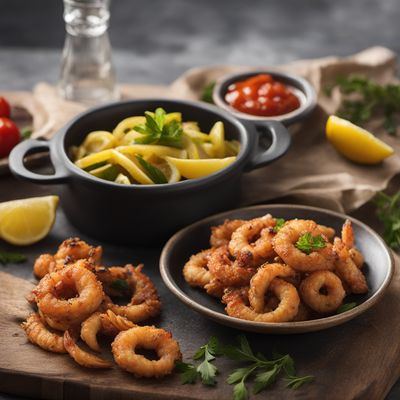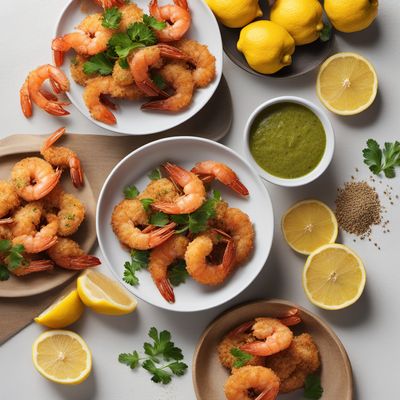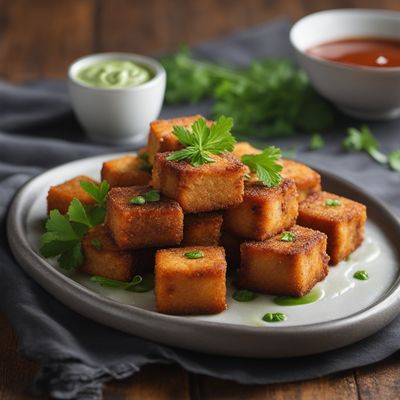
Ingredient
Bottled water
Pure Hydration: Unlocking the Essence of Bottled Water
Bottled water is characterized by its crystal-clear appearance, neutral taste, and smooth texture. Sourced from natural springs, wells, or purified municipal water supplies, it undergoes rigorous filtration processes to ensure purity and quality. Bottled water is a convenient and portable option for staying hydrated on the go or as a base for various beverages.
Origins and history
The consumption of bottled water dates back centuries, with ancient civilizations recognizing the importance of clean water sources. In modern times, the demand for bottled water has surged due to concerns about tap water quality, convenience, and the need for hydration on the move. Bottled water brands often emphasize their unique sources or purification methods to differentiate themselves in the market.
Nutritional information
Bottled water is calorie-free and does not contain any significant nutrients. However, it serves as a vital source of hydration, helping to maintain proper bodily functions and replenish fluids lost through daily activities.
Allergens
Bottled water does not contain any known allergens, making it suitable for individuals with various dietary restrictions or sensitivities.
How to select
When selecting bottled water, look for reputable brands that adhere to strict quality standards and source their water from reliable and well-regulated sources. Check the label for information on the water's origin, purification methods, and any additional certifications or quality assurances.
Storage recommendations
To maintain the freshness and quality of bottled water, store it in a cool and dry place away from direct sunlight or strong odors. Avoid exposing the bottles to extreme temperatures or freezing conditions, as this can affect the taste and integrity of the water.
How to produce
Producing bottled water on an amateur level is not feasible due to the complex processes involved in sourcing, purifying, and packaging. It is best to leave the production of bottled water to professional manufacturers who have the necessary infrastructure and expertise.
Preparation tips
Bottled water requires no specific preparation and can be consumed directly from the bottle. It serves as a refreshing beverage on its own, pairs well with meals, and can be used as a base for various drinks and recipes.
Culinary uses
Bottled water is commonly used as a standalone beverage for hydration purposes. It is also a key ingredient in many recipes, such as soups, stews, smoothies, and baked goods, where the quality and purity of water play a crucial role in the final outcome.
Availability
Bottled water is widely available in almost every country around the world. It can be found in grocery stores, convenience stores, vending machines, and online retailers, ensuring easy access for consumers.
More ingredients from this category
Recipes using Bottled water

New York-Style Pizza
Elevated New York-Style Pizza: A Nouvelle Cuisine Twist

Prosciutto-Wrapped Melon Skewers with Spicy Mango Salsa
Tropical Fusion: Prosciutto-Wrapped Melon Skewers with a Zesty Mango Kick

Tsigaridia with Lemon and Herbs
Mediterranean Delight: Crispy Tsigaridia infused with Zesty Lemon and Fragrant Herbs

Aromanian-style Fritura Malagueña
Savory Aromanian Delight: Fritura Malagueña with a Twist

Crispy Fried Shrimp
Deliciosos Camarones Crujientes (Delicious Crispy Shrimp)

Crispy Tofu Nuggets with Swiss Herb Sauce
Swiss-inspired Crispy Tofu Nuggets with Herb Sauce
